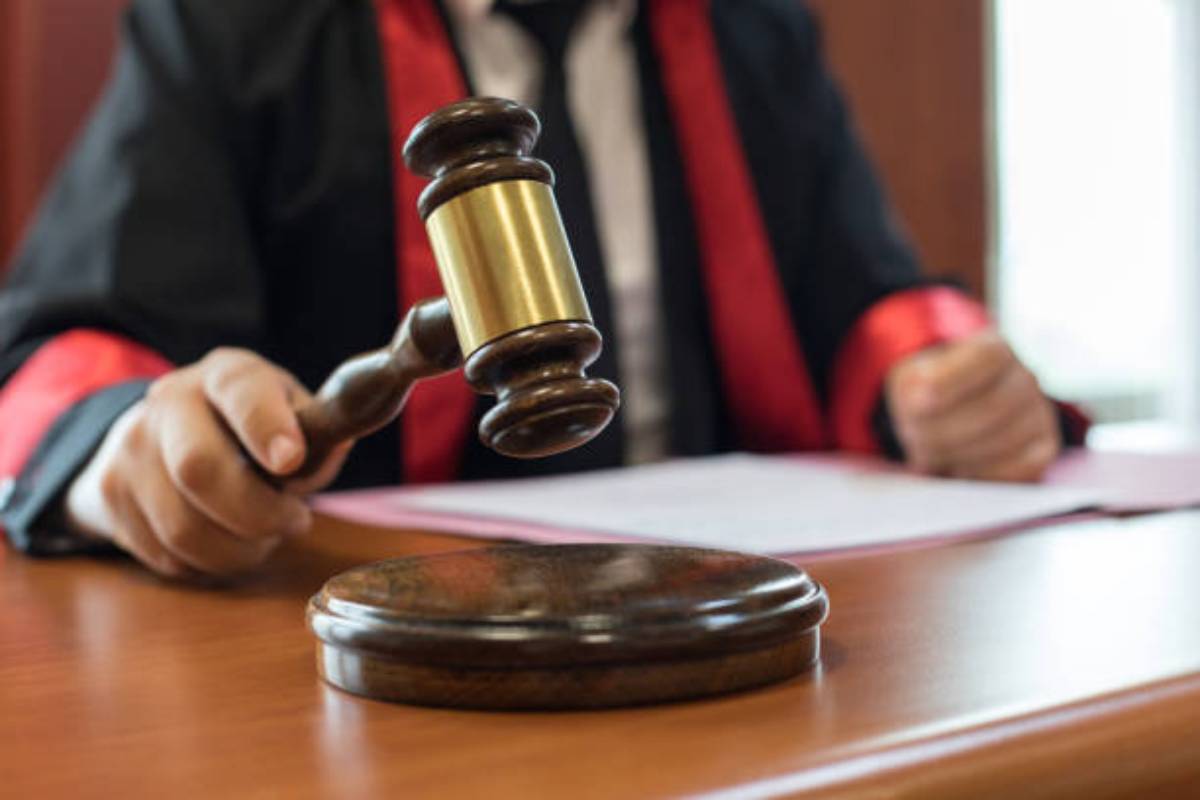Kaziranga National Park breaks revenue records amidst tourism surge
Renowned for its iconic one-horned rhinoceros, Kaziranga National Park and Tiger Reserve attracted a total of 3,27,493 tourists in the last fiscal year.
A little-known Hindu outfit has urged an Agra court to order the excavation of the stairs of a mosque that stands on the Agra Fort premises, saying that there were idols of Lord Krishna buried under the structure that needed to be recovered.

[Representational Photo : iStock]
A little-known Hindu outfit has urged an Agra court to order the excavation of the stairs of a mosque that stands on the Agra Fort premises, saying that there were idols of Lord Krishna buried under the structure that needed to be recovered.
The petition by Sri Krishna Janmabhoomi Sanrakshit Sewa Trust, through its president Piyush Pandey of Agra and two others, has been filed in the court of the civil judge (senior division), Agra.
It said that idols of Krishna were brought to Agra by Mughal emperor Aurangzeb, who allegedly demolished the Krishna Janmabhoomi temple in Mathura in 1670.
Advertisement
The excavation is sought at the mosque known as Chhoti or Begum Sahiba mosque at Diwan-e-Khas at Agra Fort and conserved by the Archaeological Survey of India (ASI).
The Agra Fort — a UNESCO world heritage site — was built in 1565 and is protected by the ASI.
The Sri Krishna Janmabhoomi Sanrakshit Sewa Trust filed the plea earlier this month.
The intezamia (management) committee of the Shahi Masjid, Agra Fort, Agra; Chhoti Masjid Diwan-e-Khaas Jahanara Begum Masjid, Agra Fort; Uttar Pradesh Sunni Central Waqf Board and Sri Krishna Janamsthan Sewa Sansthan were made parties to the suit.
The Sri Krishna Janamsthan Sewa Sansthan looks after Sri Krishna Janmabhoomi under the guidance of Sri Krishna Janmabhoomi Trust.
“These parties are issued summons by the court and will appear on May 31, the next date fixed in the court of the judge, small causes/civil judge (senior division), Agra. We have not made the Archaeological Survey of India a party to the suit although the monument is conserved by the ASI but will implead them at a later stage, if required, after obtaining court orders,” said Brajendra Rawat, the counsel for the petitioners.
“We have sought relief from court for removing these idols from the steps and bringing them back to Sri Krishna Janmabhoomi in Mathura,” said Deoki Nandan Thakur, a Hindu religious preacher who has raised the issue and constituted the body for the purpose.
The petitioner also sought a stay on the movement on the steps at the Chhoti Masjid, but the court declined to grant a stay and fixed May 31 as the next date of hearing.
“I, along with Dhirendra Shastri from Bagheshwar Dham, had made an appeal in Bhopal on April 8 to Muslim brothers to present an example of ‘bhaichara’ (brotherhood) in the spirit of ‘Ganga-Jamuni tehzeeb’ (spirit of communal harmony) to allow the digging of stairs at the mosque in Agra where idols of Krishna are buried which are insulted every day by those walking over those stairs,” Thakur added.
“There was total silence on the part of Muslim clerics and leaders and thus we were constrained to seek legal remedy by court and filed a petition in Agra. The court has issued notices in the case and opposite parties are asked to present their version by May 31,” he said.
Amir Ahmed, a lawyer in Agra, questioned the purpose of the suit when litigation on same line is pending in the Mathura court.
“It seems to be more aimed at publicity and disturbing peace of city,” said Ahmed, former secretary of the Collectorate Bar Association in Agra.
Mohd Zahid, the chairman of Local Islamia Agency, said that the mosque referred to is under the ASI.
“We have not yet received any information about the case in Agra court,” he added.
R.K. Patel, the chief superintendent at ASI Agra, too maintained a distance more so because the ASI had not been made party to the case.
A case filed by local lawyer Mahendra Pratap Singh on a similar issue is already pending in a Mathura court.
Thakur said Aurangzeb demolished the Sri Krishna Janmabhoomi in Mathura in 1670, created a mosque on the temple land and shifted the idols to Agra for burial under the stairs of the mosque.
Later this year, the Supreme Court is set to hear pleas on the 1991 Places of Worship Act that locks the religious character of holy sites as they existed on August 15, 1947 (with the exception of the Ram Janmabhoomi-Babri Masjid dispute).
Despite the law being in a place, a flurry of cases has been filed in Agra, Mathura and Varanasi courts over the past few years by Hindu groups and individuals laying claim to what They say are Hindu sites damaged medieval emperors.
Advertisement